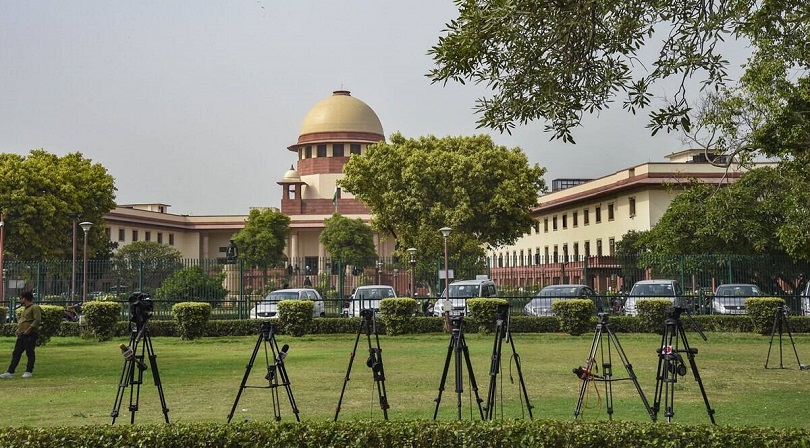The Supreme Court of India has made a landmark decision, scrapping the controversial electoral bonds. This ruling marks a significant development in the country’s political landscape, impacting the funding mechanisms of political parties.
Overview of the Verdict
In a decisive move, the Supreme Court declared the electoral bonds scheme as unconstitutional, citing concerns over transparency and accountability in political funding. The scheme, introduced in 2018, allowed for anonymous donations to political parties, raising widespread criticism and legal challenges.
Impact on Political Funding
The verdict is expected to have far-reaching implications for political funding in India. With electoral bonds now scrapped, political parties will need to reassess their fundraising strategies and focus on more transparent means of financing.
Reactions from Political Parties
Following the Supreme Court’s decision, political parties have expressed mixed reactions. While some have welcomed the ruling as a step towards greater transparency in governance, others have voiced concerns about the practical challenges of fundraising without electoral bonds.
The Road Ahead
With electoral bonds no longer a viable option for political funding, there is a pressing need for legislative reforms to ensure transparency and accountability in campaign financing. The government must work towards implementing robust mechanisms that uphold the democratic principles of fairness and integrity in the electoral process.




